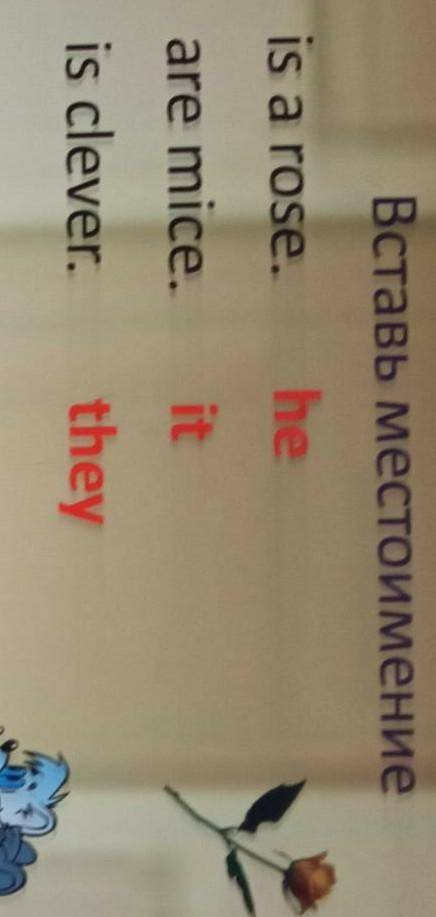
I want to tell you about my friends. Although there are not many of them, they are very good people. They help me, when I need it. They can come to me even from the other side of city, if they should. I want to spend more time with them, but sometimes there are situations that prevent me from doing this, and it's very sad. When we meet together, we walk around the city, taking photos or beat meat while watching some film at someone's apartment. I like them, because they cheer me up and make my dong hard. They are kind and funny people. Of course, they have some negative aspects of character, but I don't care about it, because they give me blue cheer every time I meet them.
How much (how much = сколько) ... + неисчисляемые существительные
Например:
How much sugar do you take in your coffee?
Сколько сахара ты кладешь в кофе?
How much money do you want for this?
Сколько (денег) ты за это хочешь?
Do you have much work to do?
У тебя много работы?
How many (how many = сколько) ... + исчисляемые существительные
Например:
How many students are there in each class?
Сколько учеников в каждом классе?
How many people are you expecting?
Сколько человек ты ожидаешь?
В отрицательных предложениях конструкции Not Much и Not Many обычно переводятся как "мало", "немного".
Например:
He doesn't earn much money (существительное money - неисчисляемое).
Он зарабатывает мало (= немного) денег.
Not many people have heard of her (существительное people - исчисляемое).
Немногие о ней слышали.
Barbara doesn't have many friends.
У Барбары мало (= не много) друзей.
It is a rose
They are mice
He is clever
Объяснение: